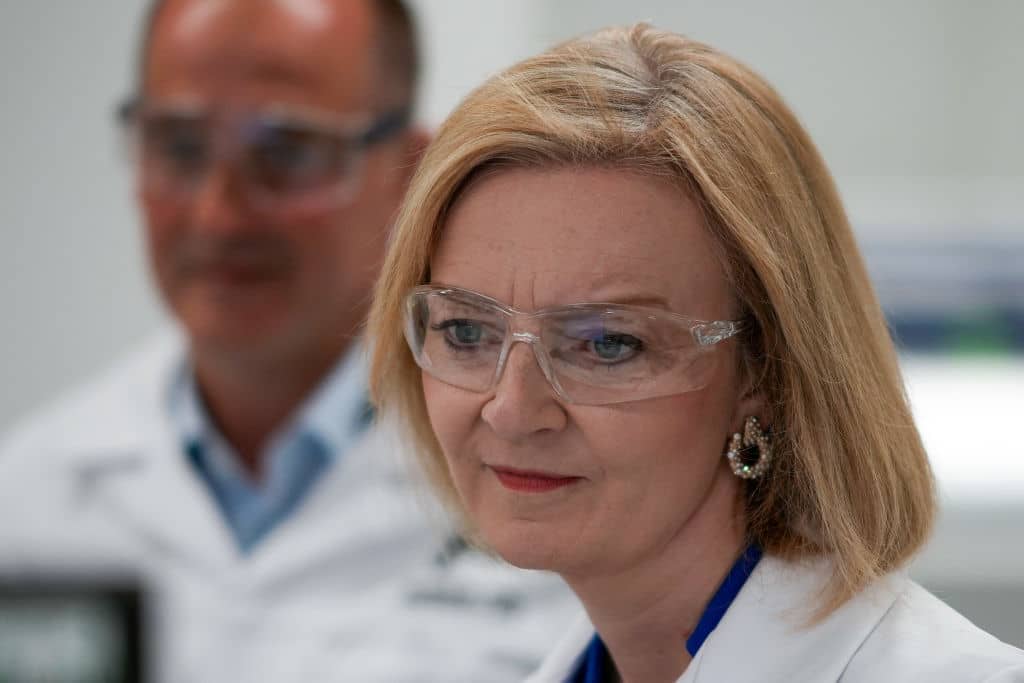It will be expensive. It will last far longer than anyone expects. And it will distort the market even more than it already is. Barring a major upset, Liz Truss will move into No. 10 Downing Street later today. Once she’s there, Britain’s new prime minister will have little choice but to take control of soaring energy prices. How she does that will be the first big test of her premiership. If Truss can do it in a way that boosts output, and encourages investment, it will be worthwhile. But if she opts for just another bail-out she will get stuck in the same dismal groove as Boris Johnson and Rishi Sunak.
If there were a couple of LNG tankers for every proposal for fixing the energy crisis no one would be worrying about how to keep the lights on this winter. We could vastly increase welfare payments to help people through the winter. We could nationalise the energy companies. We could – as Truss’ team is reported to be considering doing – freeze the price cap, with the Treasury picking up the difference between wholesale and retail prices. Or, heck, we could go full Extinction Rebellion and shut down the power stations, shivering our way through the winter.
Every major country in Europe is bailing out the energy market
One way or another, Truss and her new Chancellor will have to come up with something. Every major country in Europe is bailing out the energy market – Germany chipped in with a €65 billion (£56 billion) package over the weekend – and the UK does not have much choice but to follow suit. Right now, the most likely option appears to be a freeze on wholesale gas prices, but a final decision has yet to be made.
The key test is this. Do we distort the market even further? Or do we allow the market to work? Any rescue plan needs to have two key elements. First, it should encourage us to use less energy. Just about everyone can cut back if they need to. Thermostats can be turned down a few degrees. We can use less hot water. Shops don’t have to keep the lights on overnight, and, at the extreme, energy intensive industries can switch to shorter working weeks. Whatever help is offered shouldn’t stop higher prices from reducing demand.
Next, the solution to the energy crisis should back higher production, especially domestically. How? The answer is straightforward: reduce the windfall taxes on North Sea oil and gas, and strip the Scottish parliament of any influence over licenses so that we can extract as much as possible (in fairness, it is already going up but we could do more). Truss should Immediately authorise fracking of the most promising fields: the first gas could be onstream in a year, and perhaps even less with emergency planning approvals. Britain’s new leader should also accelerate the building of more offshore wind farms, so that the supply of renewable energy keeps increasing until it is a completely reliable alternative to gas.
With the right package, Truss’s energy bail-out could be pro-business, pro-enterprise, and pro-market. It could lower demand and steadily increase supply, which, as any text book will tell you, is the only way to fix any market. This would be far better than simply dishing out huge subsidies.






Comments